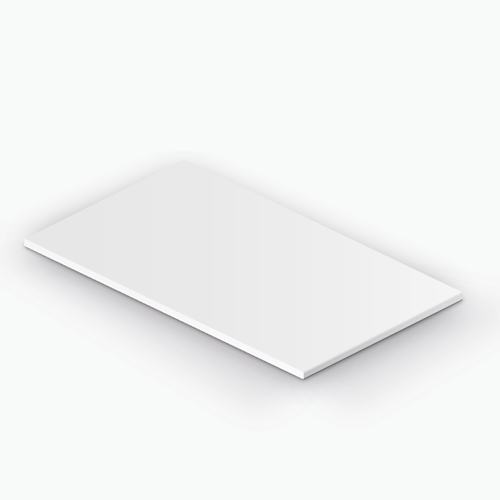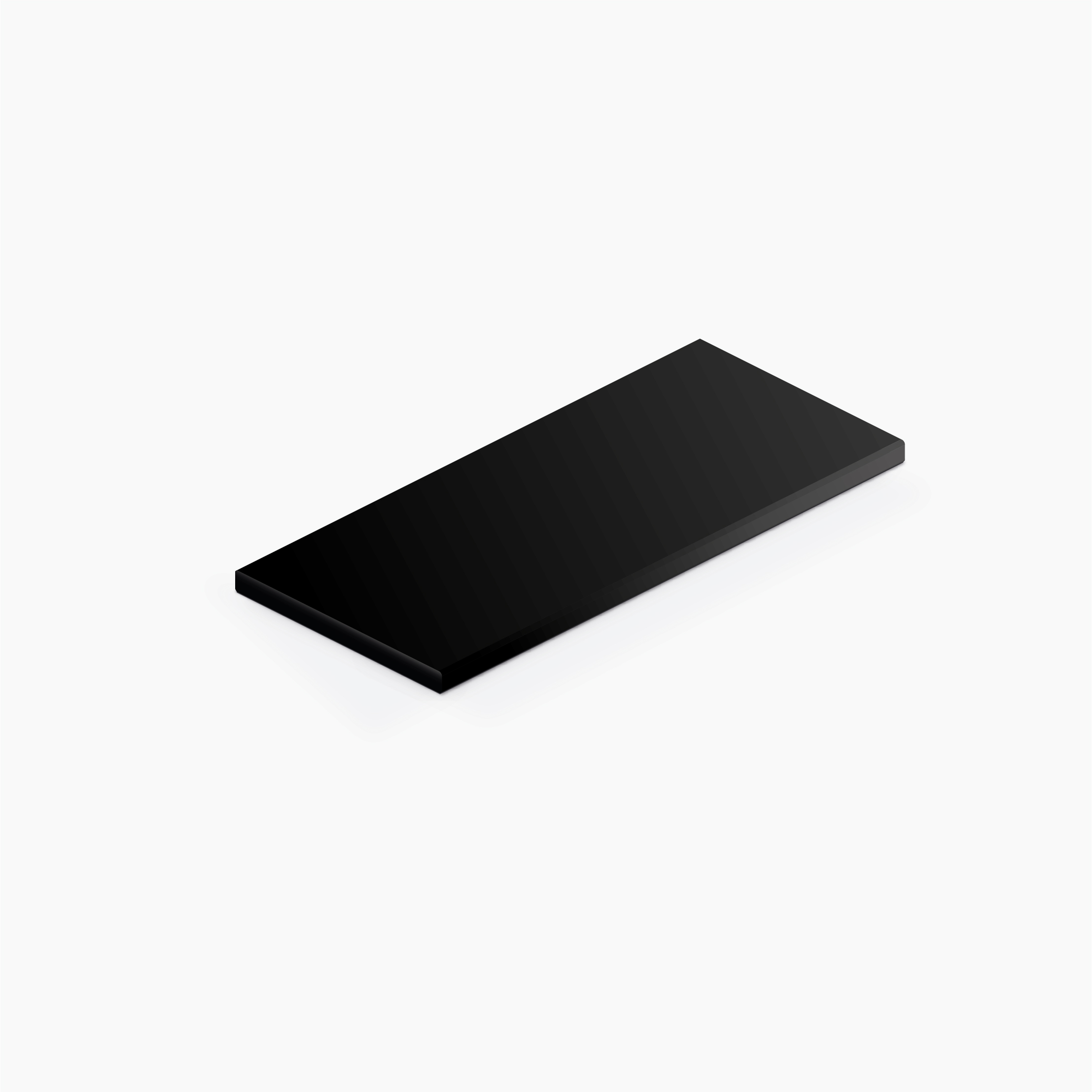
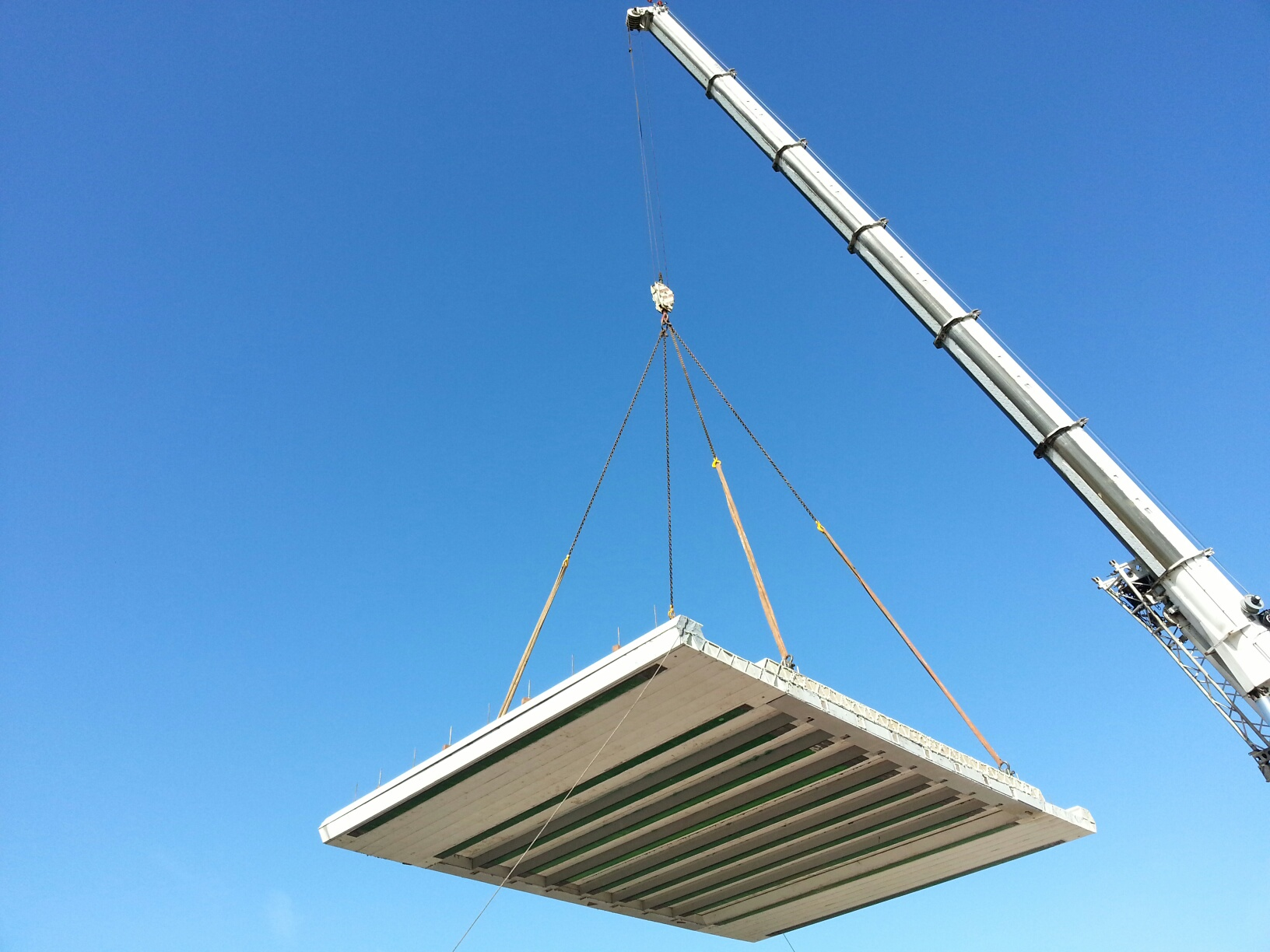
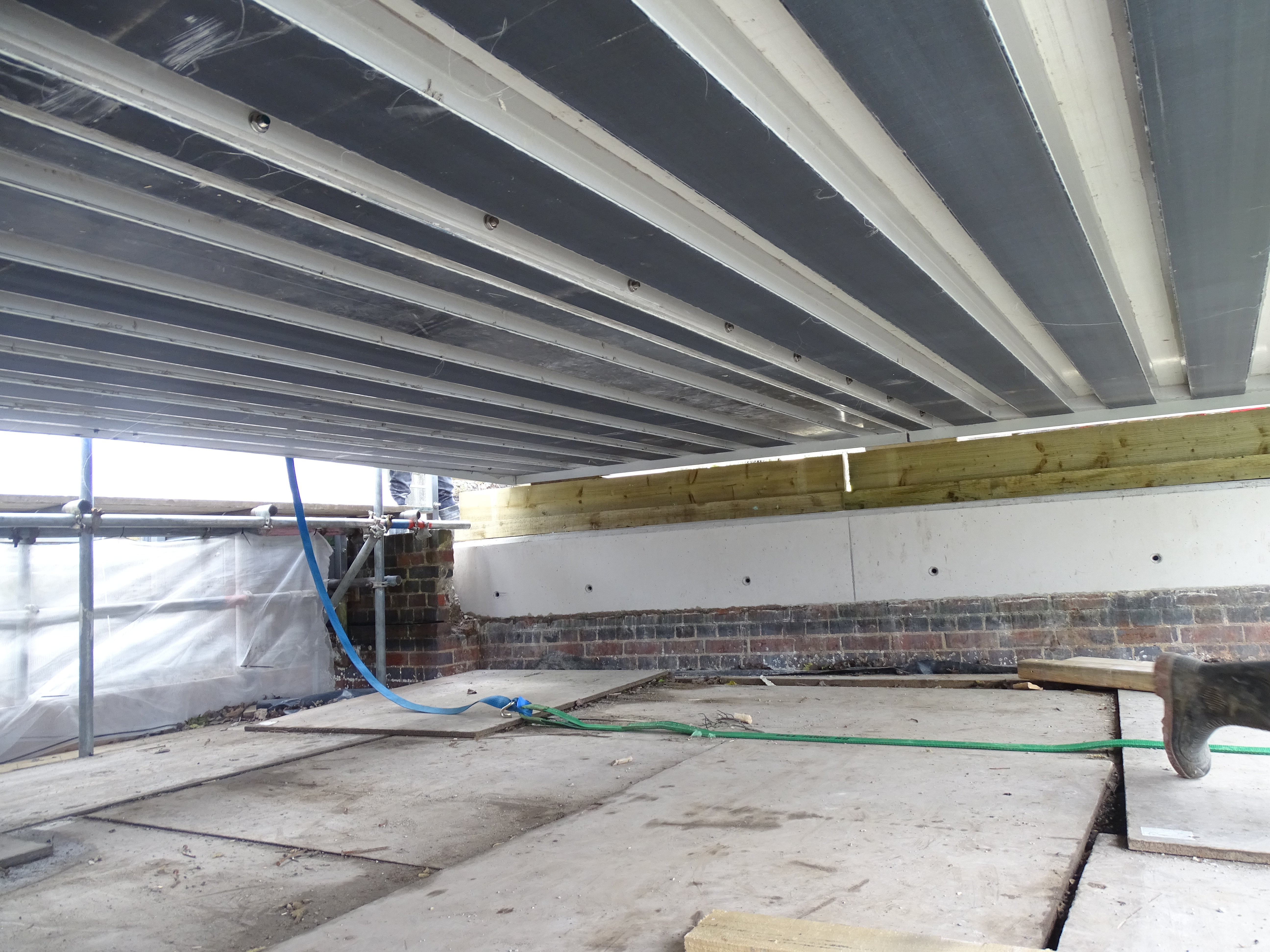

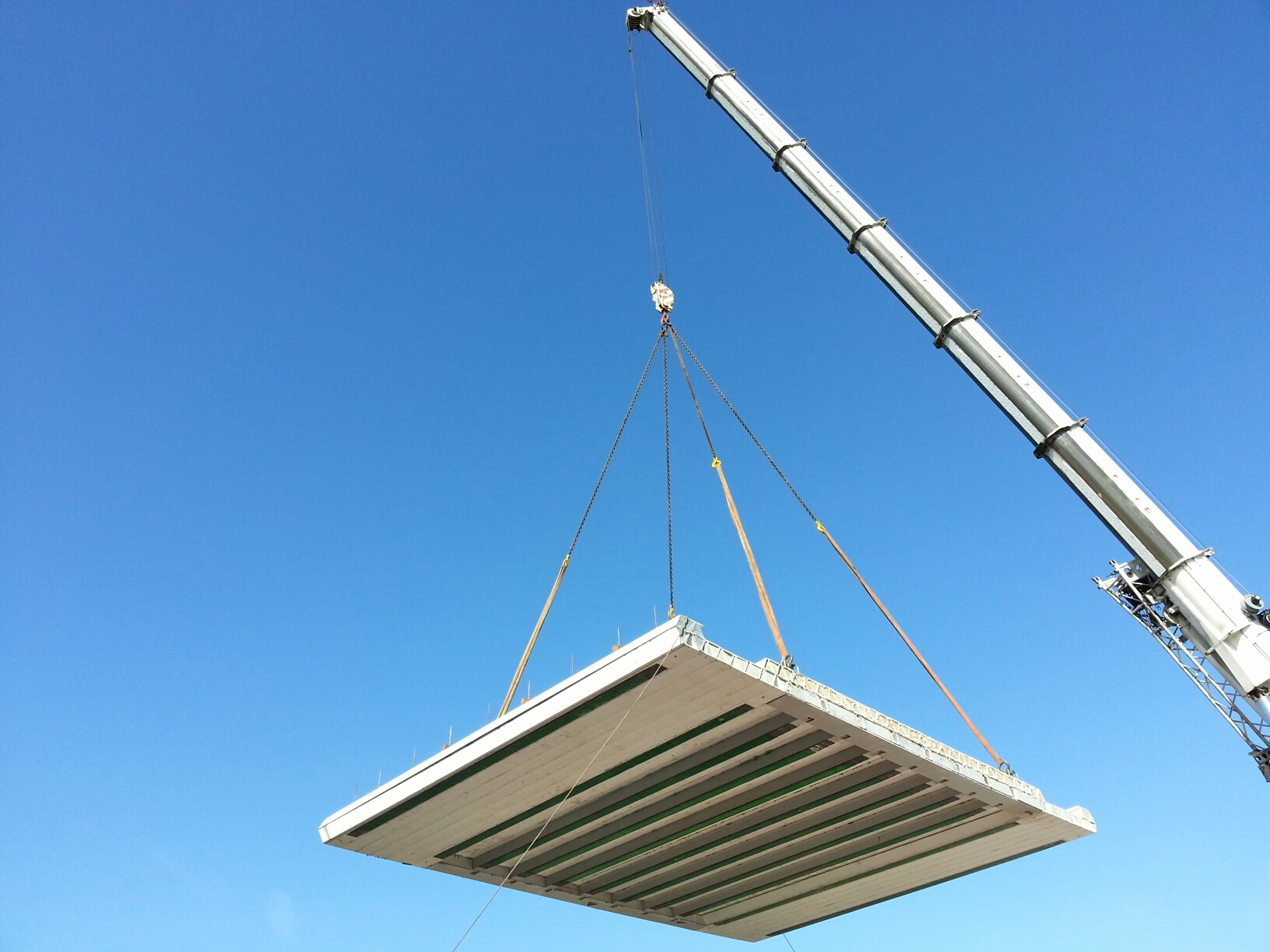

Accessories for profiles 200 x 4,9 mm Carbon Fiber Lamella (CFL)
Fiberline’s pultruded Carbon Fiber Lamellas are engineered to stiffen and strengthen new and existing structures. The CFL consists of a multitude of continues fibres, oriented in the direction of the load, each with a diameter of approx. 7μm. The production method ensures the most cost-effective way of converting carbon fibres into profiles and the continuous process ensures products with a minimum of variation and superior mechanical properties.
Description
Description
Fiberline Carbon Fiber Lamella (CFL)
Fiberline’s pultruded Carbon Fiber Lamellas are engineered to stiffen and strengthen new and existing structures. The CFL consists of a multitude of continues fibres, oriented in the direction of the load, each with a diameter of approx. 7μm. The production method ensures the most cost-effective way of converting carbon fibres into profiles and the continuous process ensures products with a minimum of variation and superior mechanical properties.
Fiberlines Carbon Fiber Lamellas features peel-ply covers on both sides that ensures good bonding properties to other prepared surfaces, like wood, steel, concrete or fibreglass profiles.
Advantages
• High Yong-s modulus
• Low weight, high strength and unparalleled durability
• A lighter and slimmer construction than otherwise possible
• Corrosion and weather resistance
• Easy handling and quick installation
• A product manufactured to meet APQP4Wind standards
Application
The CFL can be used to reinforce new construction or extend the life of existing structures. Applications range from bonding to wood&glulam beams, steel girder and concrete structures.
The carbon fibre lamellas are also used to reinforce fibreglass structures such as bridges and various beam dimensions.
Besides, the lamellas can also be used architecturally as “sun protection”, wall cladding or flooring.
Downloads
Downloads


